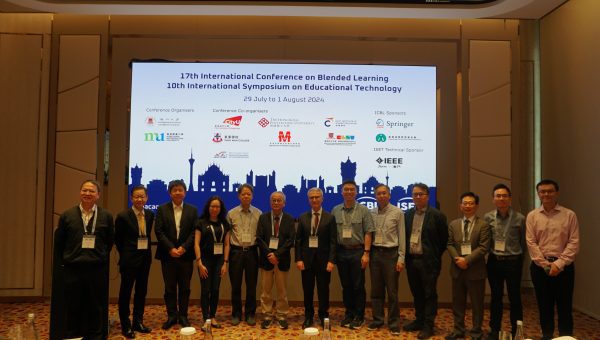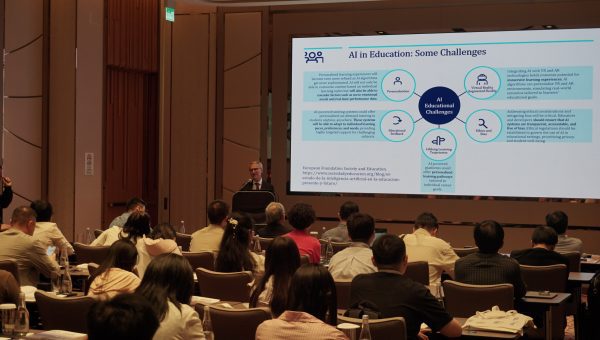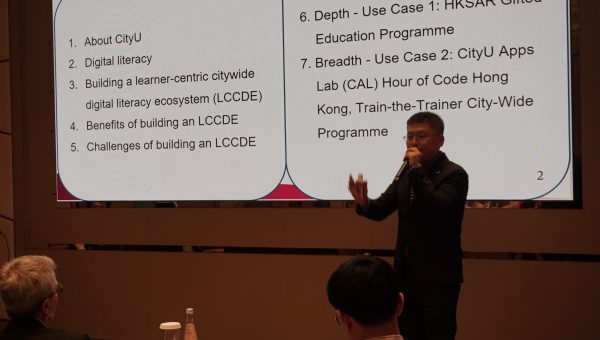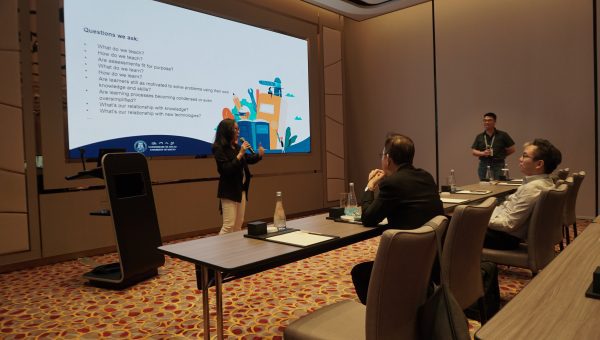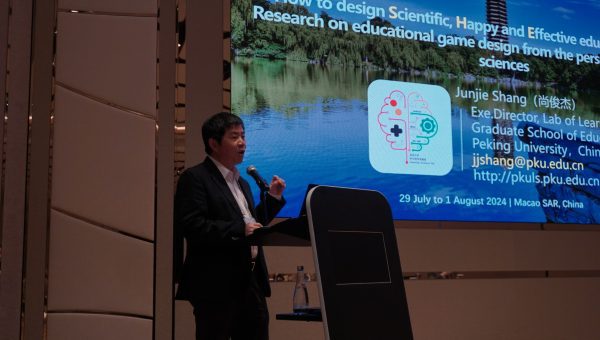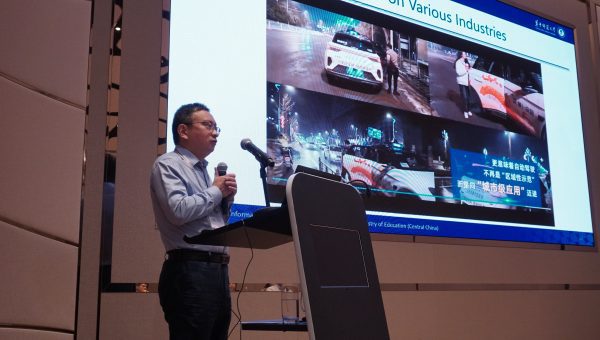University of Macau and Hong Kong Metropolitan University holds the 17th ICBL and 10th ISET to promote innovation on pedagogies and educational technology
The Centre for Data Science (CDS) under Institute of Collaborative Innovation (ICI) of the University of Macau (UM), and the Hong Kong Metropolitan University, held the “The 17th International Conference on Blended Learning and the 10th International Symposium on Educational Technology” from 29th July to 1st Aug. The conferences focused on several hot topics, including Blended Learning, Generative Artificial Intelligence (GenAI), Chatbot, Virtual Reality (VR), Augmented Reality (AR), and their applications in education, attracting over 100 researchers and students from around the world, providing a platform for academic, pedagogical, and technological innovation exchange.
The three-day conference was held at Andaz Macau. The conferences were co-organized by City University of Hong Kong, The Hong Kong Polytechnic University, HKCT Institute of Higher Education, Tung Wah College, Hong Kong Society for Multimedia and Image Computing, Centre for Learning Sciences and Technologies (The Chinese University of Hong Kong), IEEE Education Society Technical Committee on Learning Sciences. The conference sponsored by the Springer and Hong Kong Pei Hua Education Foundation, with several international experts serving as keynote speakers, including Prof. Ray Cheung from the City University of Hong Kong, Prof. Josep M. Duart from the International Journal of Educational Technology in Higher Education, Prof. Junjie Shang from the Peking University, Prof. Katrine Wong from the University of Macau and Prof. Di Wu from the Central China Normal University. Professors and Students from Hong Kong, Macau and China also participated in the conference.
In addition, the workshop “Educational Technology in Higher Education : New Challenges and Opportunities” organized by the International Journal of Educational Technology in Higher Education (ETHE) was held concurrently with the conferences. ETHE is a renowned SSCI-indexed journal in the field with an impact factor of 8.6, and it aims tofacilitate the dissemination of critical scholarly works and exchange of information from a variety of cultural perspectives for researchers, professionals and practitioners in the technology enhanced and digital learning fields in higher education; contribute to the advancement of scientific knowledge regarding the human and personal approach to the use of technology in higher education; and inform readers about the latest developments in the application of digital technologies in higher education learning, training, research and management.
